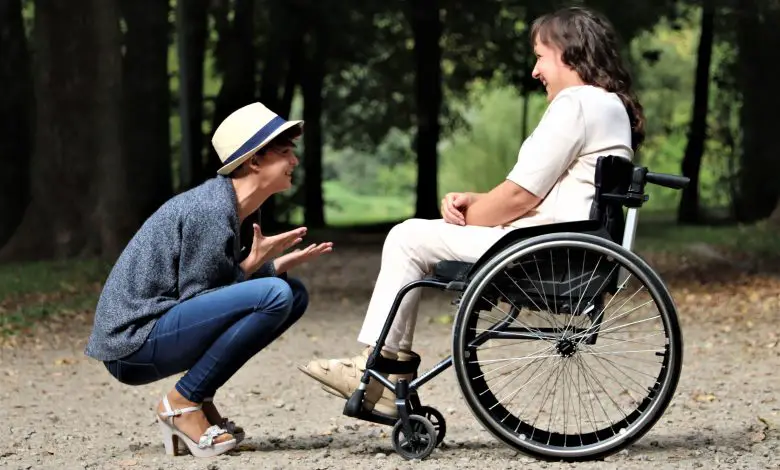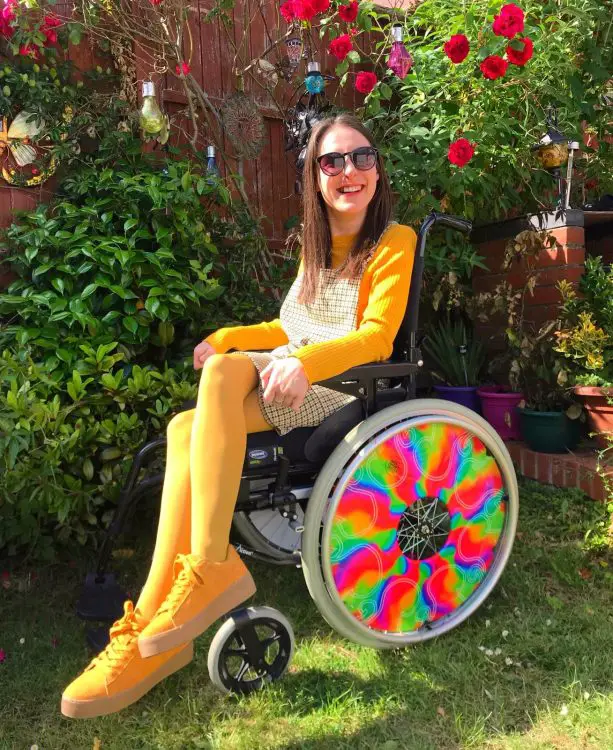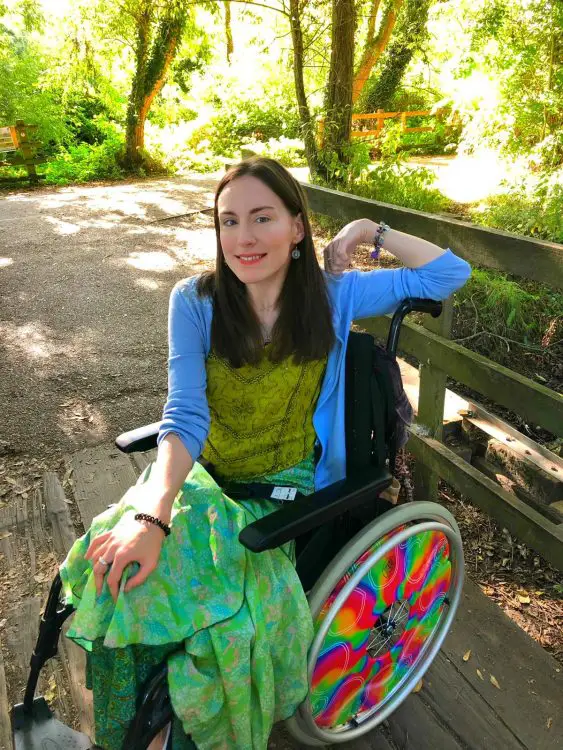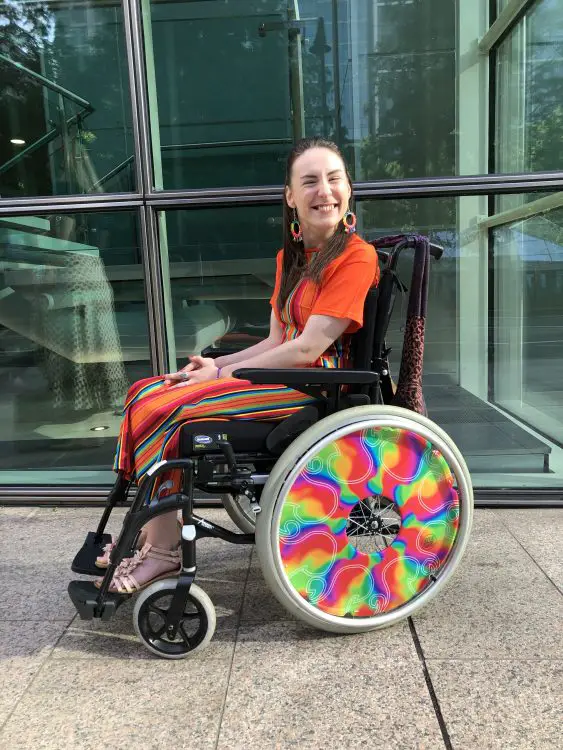
5 things I want others to know about disability
Rebecca Sullivan is a blogger who uses her writing to express her experiences of living with cerebral palsy. Her work allows her to come to terms with her disability, and she hopes that it also inspires others to change the way they perceive the disabled community.
People with disabilities face lots of challenges. However, some of these can be reduced by society having greater awareness. I hope this article provides insight into some common misconceptions that people with disabilities face.

1. Everyone with a disability is different
People with disabilities are all different. Our experiences, our thoughts and our feelings are unique. Please don’t assume that every disabled person has the same preferences or that two people with the same condition will be affected in the same way.
As someone with cerebral palsy (CP), I am aware that the symptoms of CP will differ for each person. We should not be compared and our own separate desires should be taken into account.
Some people with CP walk, some use a wheelchair and some alternate between both. Some speak orally and some use an assistive device. We have the same diagnosis but are all different.
Disability does not have the same face for everybody, nor will it be the same experience for everyone.
2. Please don’t help me without asking
Sometimes, when people see me they may think I am struggling and their instinct is to help. However, it is always best to ask if someone wants help first.
I know from my own experience when someone has done things for me without asking it has felt as if my independence has been taken away. I feel obligated to accept their help so that I don’t come across as rude.

But I need to change this thinking. I need to be more vocal and politely say, “I am okay to do this, but thanks anyway” or ‘Could you help with this part” if I do need assistance with something.
I always appreciate it when I’m asked if I need assistance first. This shows they have seen me and given me the option of help rather than jumping to assumptions.
Additionally, if I say ‘no’ it is not out of stubbornness. It’s likely that this presumed difficulty is how I go about completing a task. For example, when I fix the bag on the back of my chair, it is just a routine to me, even though it might look like I’m struggling.
3. Don’t be afraid to get to know someone with a disability
Differences have a tendency to make others act funny. Sometimes, people are uncertain about knowing what to say or how to behave around people with differences. Because of this, it can make them avoid getting to know someone with a disability.
For some, having an encounter with someone who has a disability may be rare, so that person’s disability takes precedence over the actual person. I find this is one of the hardest things… observing a sympathetic smile while seeing fear in their eyes, or having a necessary but hurried conversation with someone.
I know seeing things from another point of view isn’t easy. Sometimes I try to break the ice and let people know that my disability is only one part of me. People have more to them than just their disability. I have cerebral palsy, just like I have brown hair.

4. It’s okay to ask questions
People have questions. Most people have an inquisitive nature – I know I do! But often people feel that they can’t ask questions about disability.
I know that in the past, when I have met someone new, for a moment or two there is some awkwardness and I get that feeling that they want to ask something but are unsure how to. I feel it’s best to gently let them know it’s okay to ask questions and perhaps bring up my disability first. This tends to reduce uneasiness.
5. It’s okay to ask me to repeat myself
My speech is affected by my CP and therefore I am not always understood by others. Sometimes people don’t tell me that they didn’t understand what I said and respond with a completely different answer or stand there silently.
Instead of getting irritated with myself, I try to remind others that it is completely okay to ask me to repeat anything that they don’t understand.
I may repeat myself in a different way or spell out the specific word that the person is having difficulty understanding. I would rather repeat myself 10 times than have someone try to guess what I am saying.
I hope this list has helped change your perspective on disability or encourage you to think about what you want others to know about your disability.
By Rebecca Sullivan
To learn more about Rebecca and to read some of her work, visit her blog, From this Window.
More on Disability Horizons…
- Using writing as a way to free yourself and increase disability awareness
- Deaf volunteer and filmmaker changes attitudes on deafness in Kenya
- Rosie Jones: comedian, actress and scriptwriter with cerebral palsy
- Visit the Disability Horizons Shop for solutions to day-to-day challenges
Originally posted on 11/05/2020 @ 8:03 am